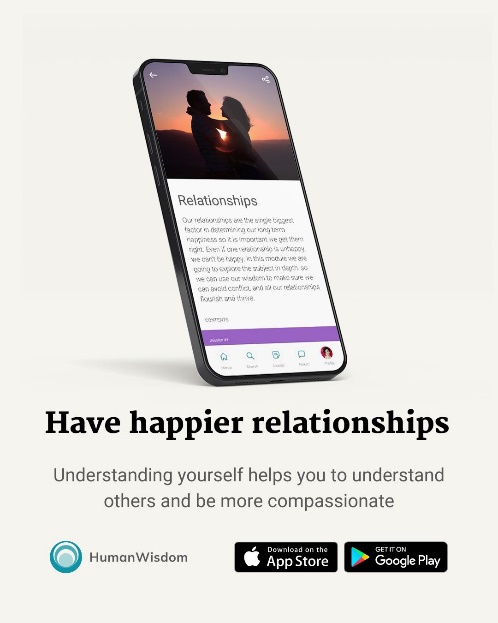‘’ Trauma is not what happens to you. It’s what happens inside you’ – Gabor Mate. # mental health
The statistics on mental illness should be a wake-up call for us all. 80% of people say they are moderately to severely stressed and 20-40% say they suffer from anxiety. Addiction is a mental illness and approximately 15% of people are addicted to alcohol, drugs, or gambling. 100,000 people died of a drug overdose in the US alone in 2021. Obesity, which affects 42% of Americans, also originates in our thinking and is a form of mental dysfunction. 5% of adults in the world suffer from depression.
Mental illness translates into physical illness by impacting our immune system and shortening our lifespan, so it is important we try and find an answer.

What makes the human mind, perhaps the most intelligent in the universe, fall prey to mental illness? What can we do to use the amazing capacity of our minds to stay mentally healthy? https://blogs.humanwisdom.me/
To be mentally healthy we need wisdom, which comes from a deeper understanding our ourselves and how our mind works.
Our mind is wired to assume that how we feel is caused by what is happening in the world around us – events make us stressed, people make us unhappy, an uncertain future makes us anxious, the loss of things we loved creates sorrow, being criticised makes us angry, and so on. Our unfulfilled expectations and desires can make us frustrated, angry, and bitter.
If we look more carefully we realise that our mind is reactive and our suffering is caused by the way our mind automatically reacts to what is happening around us, though this is difficult to understand. This reaction comes from our memory bank – the store of everything that has happened to us so far. We are usually not aware of this process.
Consider two examples.
If I am going to sit an exam I am stressed and anxious and naturally assume the exam is causing my stress. It is not the exam, but perhaps the fear of failure, and the consequences of that for my ego, my future, and how others will see me that creates my anxiety. If I see that clearly I can ask a simple question: What is going on in my thinking to make me feel this way? I can then begin a journey of understanding the nature of fear, my fear of failure and seeing how this is making me feel anxious and stressed. I could ask how realistic is the possibility of failure, or what I would do if I failed. I see if I can accept the possibility of failure, my anxiety goes away.# mental health
‘’ Prioritize your mental health as if your life depended on it, because it does’ – Mel Robins.
Consider that I am married and my wife is going out for the evening with her friends. She says she has not had time to cook a meal for the evening and asks me to manage. She normally does all the cooking in the house. I get angry with her for not caring, and blame her for my anger. She gets upset with me, cancels her going out, and the situation escalates. We both end up feeling stressed. I get angry with her over something else the week after, and this pattern continues throughout our marriage. Eventually she gets fed up and decides to leave me. I sink into a depression. I realise my uncontrolled anger destroyed my marriage, but each time I got angry I was so sure I was right, and she was wrong. I now realise that my anger was caused by my own unmet expectations, and my urge to control her behaviour. This is what I had seen when I was growing up and it had become part of my conditioning. By taking ownership of my anger, and understanding its roots in my thinking, it ceases to be a problem and I no longer get angry when things are not going my way. To find out more download the HumanWisdom app or visit humanwisdom.me and explore how it can help you live your best life



